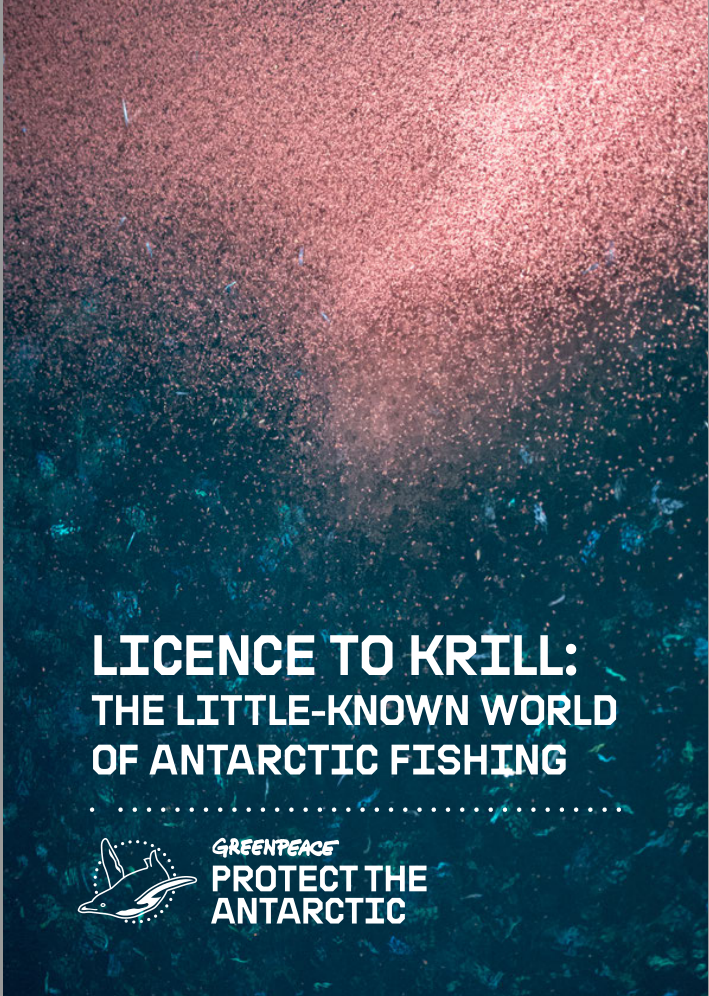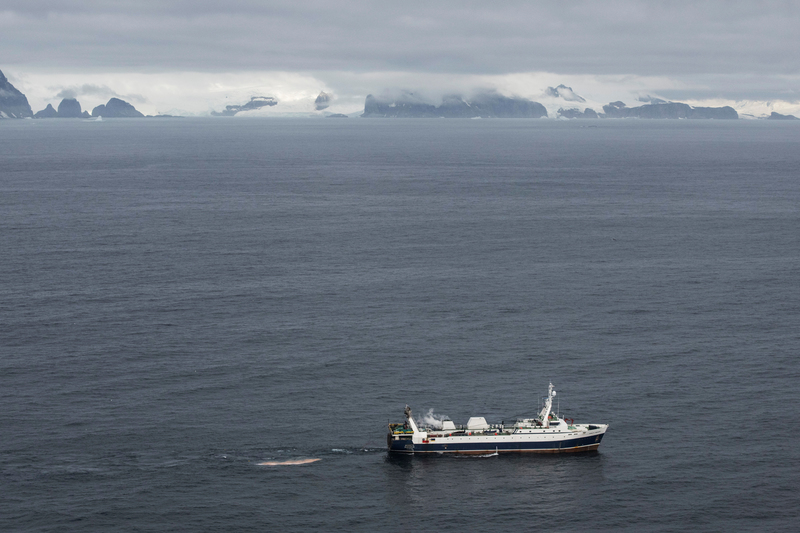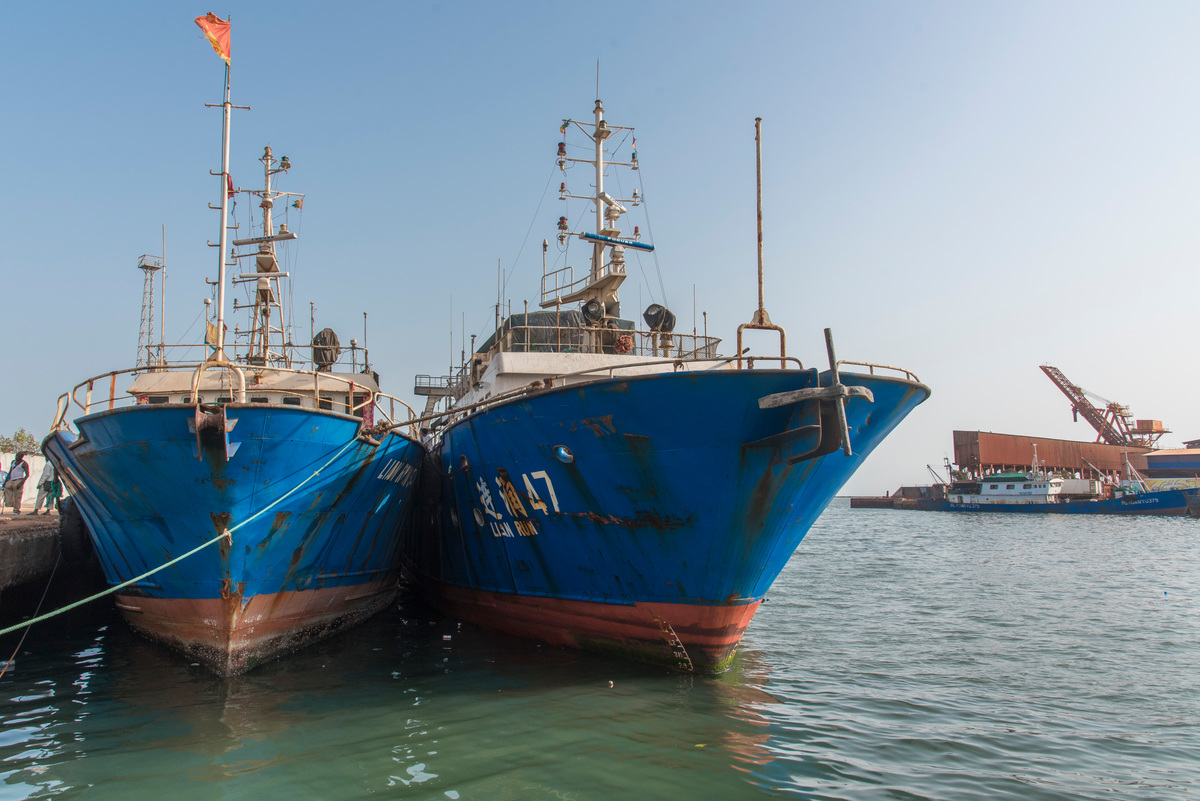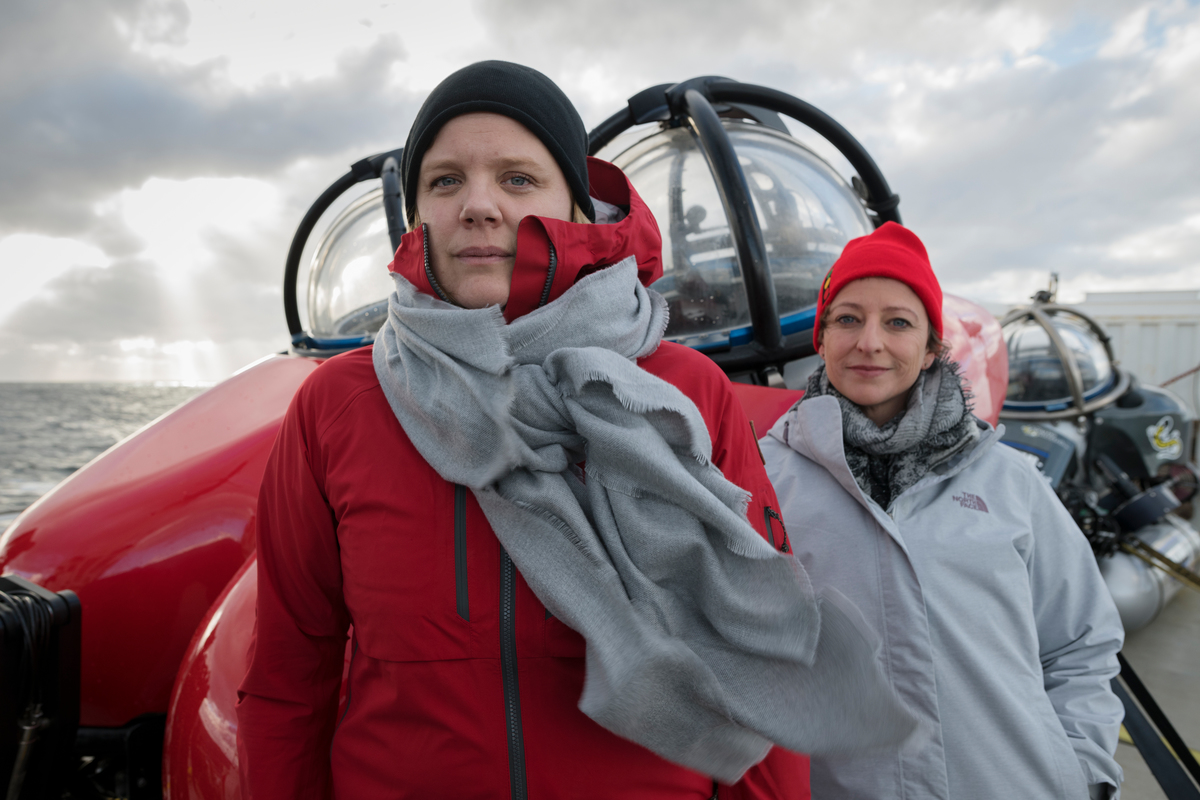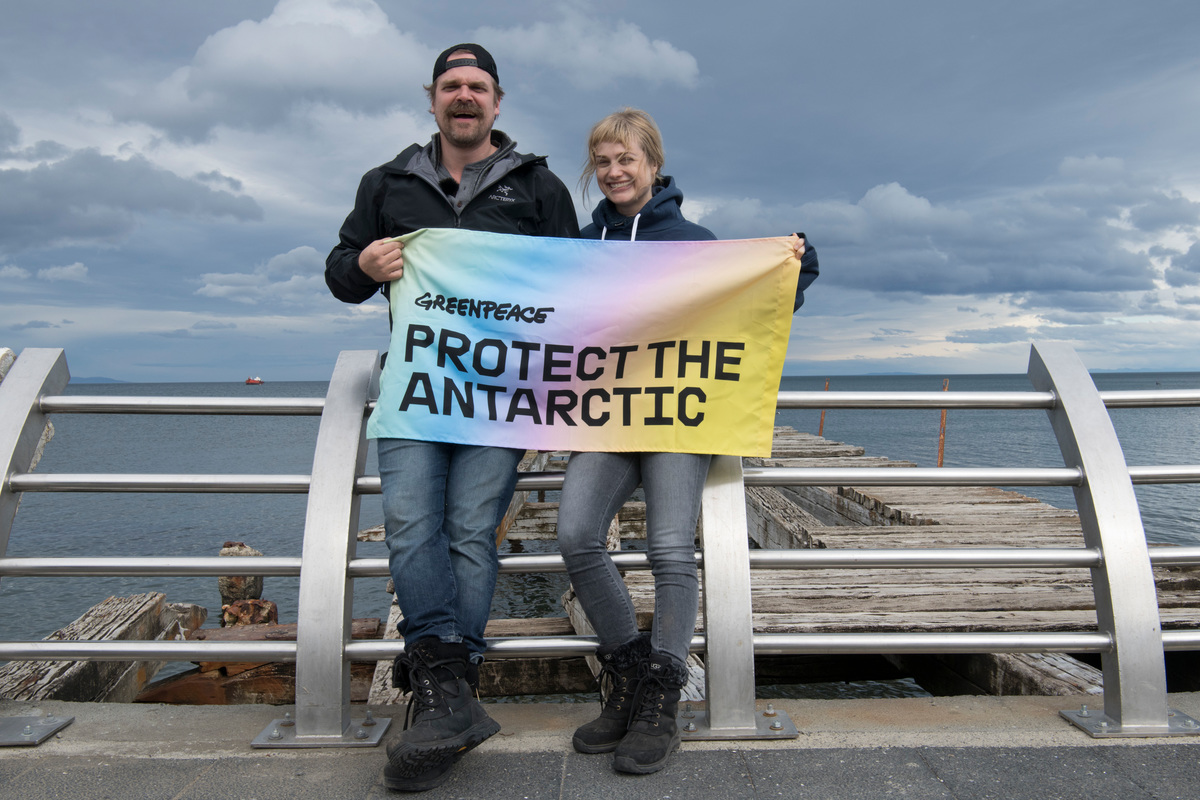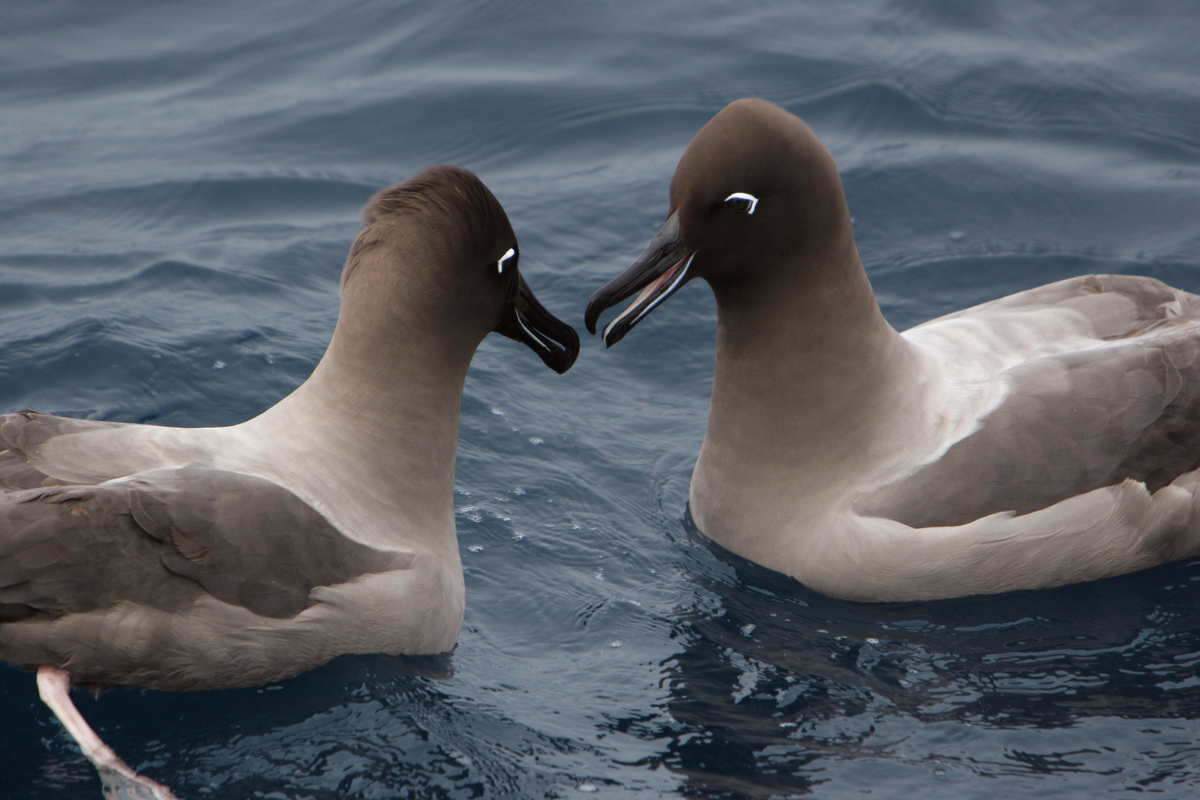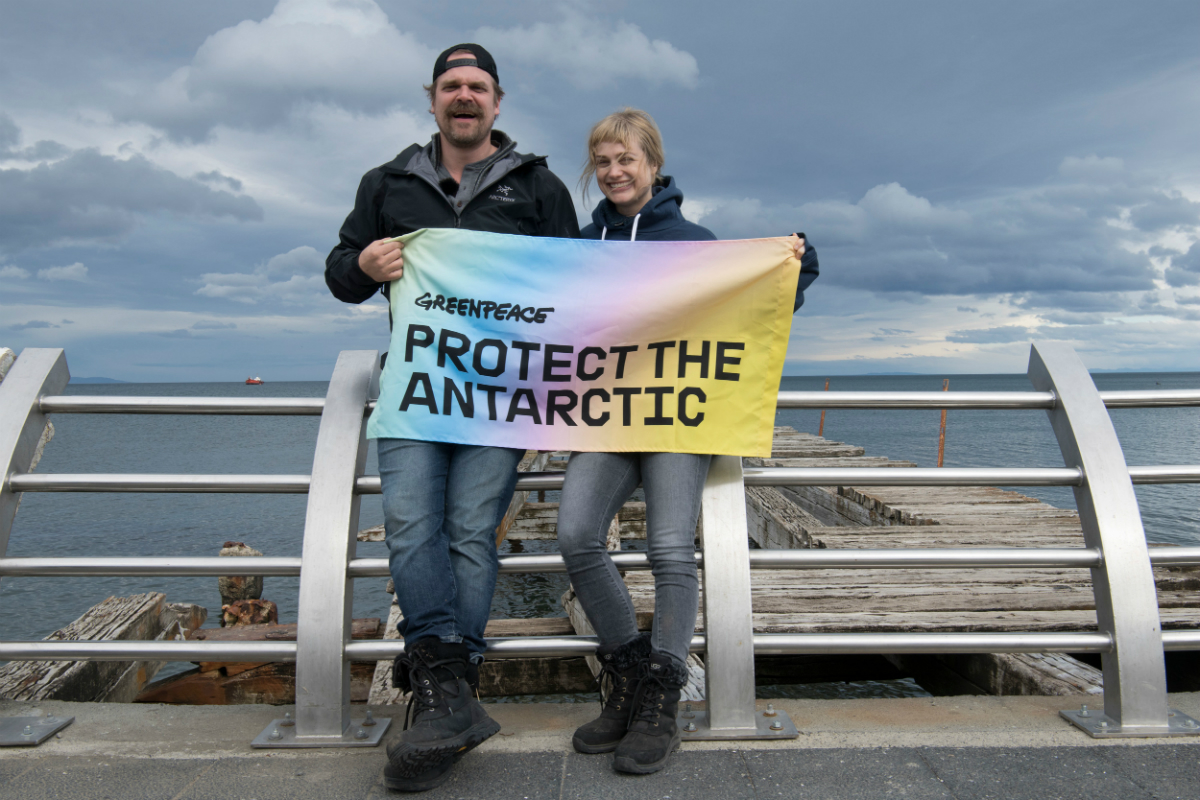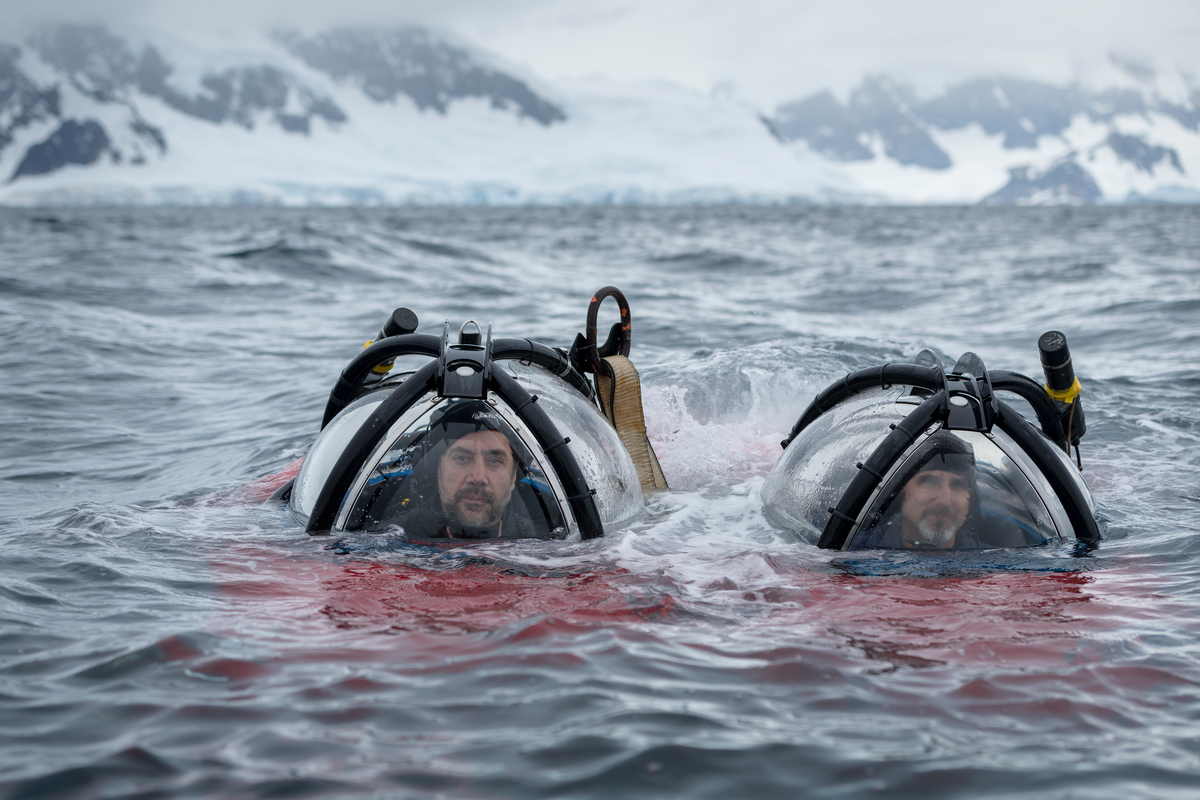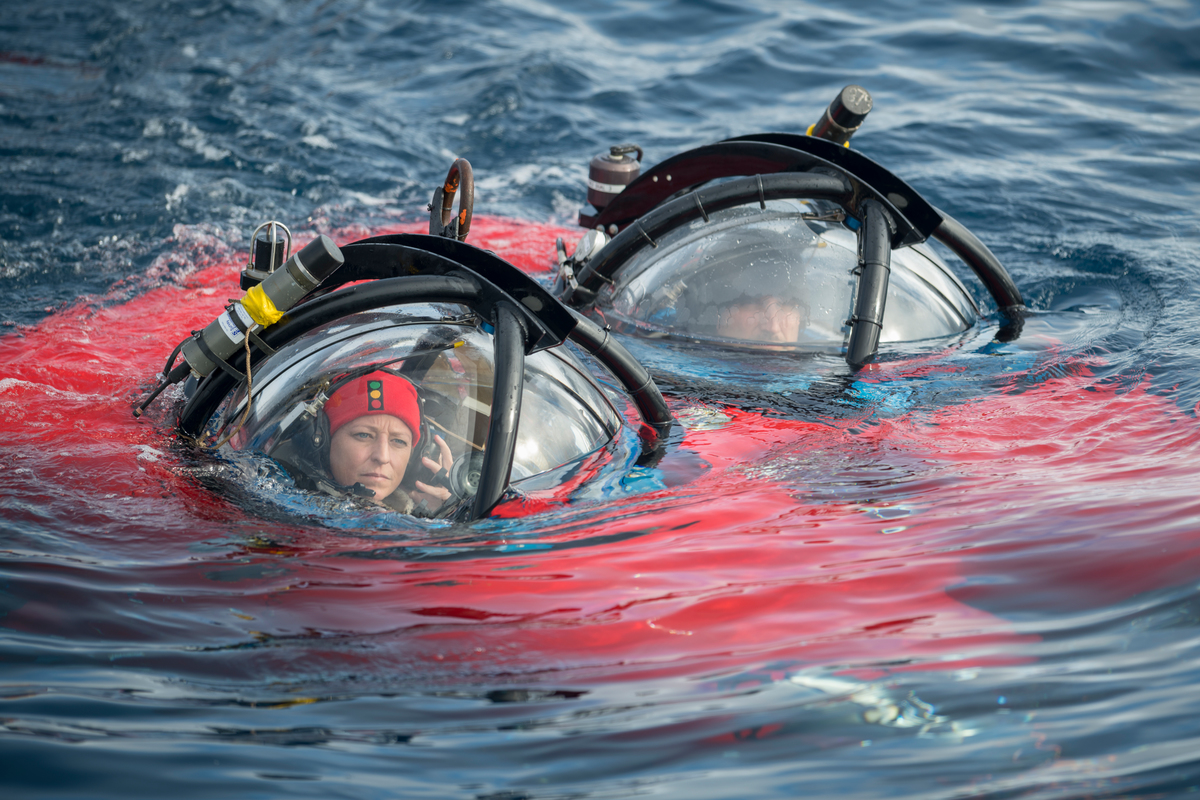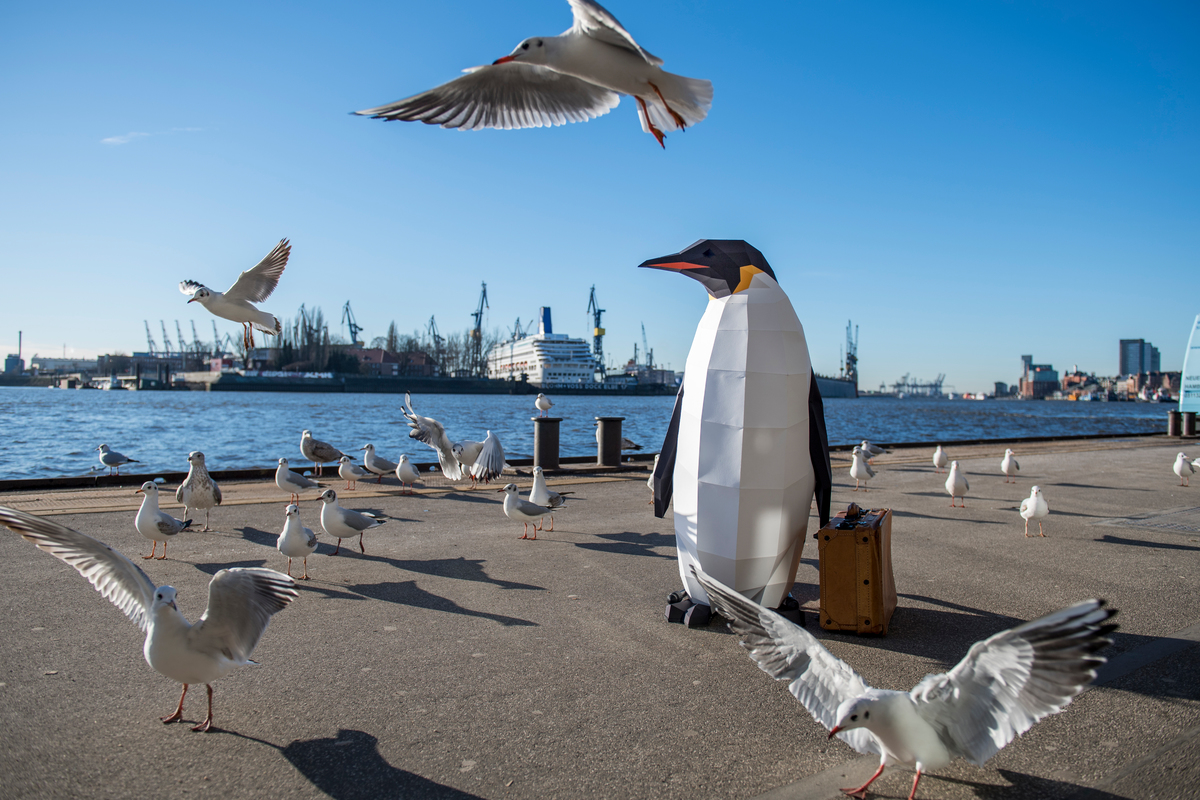-
Licence to Krill
Greenpeace investigations reveal how krill-fishing companies are expanding operations in the fragile Antarctic ocean, putting an entire food web at risk.
-
Greenpeace investigation exposes the krill fishing industry “waging tug-of-war for food” with Antarctic penguins and whales
London, UK - A new Greenpeace investigation has tracked the activities of the little-known krill fishing industry in the Antarctic over the last five years, to expose the environmental risks of this fast-growing industry in one of the world’s most pristine regions.
-
Chinese companies see subsidies cancelled and permits removed for illegal fishing in West Africa
Amsterdam, Netherlands - The Chinese Ministry of Agriculture (MoA) is pulling the plug on three Chinese companies conducting Illegal, Unreported and Unregulated (IUU) fishing in West Africa.
-
There was a time men thought women shouldn’t go to the Antarctic. Wow, we proved them wrong
While we see #everydaysexism in all walks of life, it’s disheartening that even this icy wilderness had barriers up against female participation.
-
VIDEO: Stranger Things’ David Harbour voyages to the Antarctic to dance with penguins for an ocean sanctuary
London, UK - Stranger Things actor David Harbour has fulfilled his promise to the internet to dance with penguins in the Antarctic, following a Twitter challenge with Greenpeace which went viral, gaining over 200,000 retweets in just five hours. Today Greenpeace released video footage of Harbour dancing with the ‘guins.
-
For Valentine’s Day: the Antarctic’s most loving animals
The biggest hearts in the world are found in the Antarctic Ocean, so why not show them some love this Valentine’s Day?
-
Stars get on board to protect the strange things and fantastic beasts of the Antarctic ocean
London, UK – 'Stranger Things' star David Harbour and ‘Fantastic Beasts’ star Alison Sudol are on board a Greenpeace ship heading for Antarctic waters.
-
Oscar-winning actor Javier Bardem visits Antarctic seafloor in research submarine, calls to protect the Antarctic Ocean
London, UK - Just days after Greenpeace released rare footage of the Antarctic seafloor, Oscar-winning actor Javier Bardem has dived in a two-person submarine to visit this remote location and call for the creation of a vast Antarctic Ocean Sanctuary.
-
Diving to the Antarctic sea floor is a scientist’s dream come true
Most people would be surprised about how many species of cold-water corals and amazing sponges you’d find on the bottom of the Antarctic Ocean.
-
The Rise of the Penguins
Last Saturday (which also happened to be Penguin Awareness Day) penguins across the world stood up in force to support an ocean sanctuary in the Antarctic.

